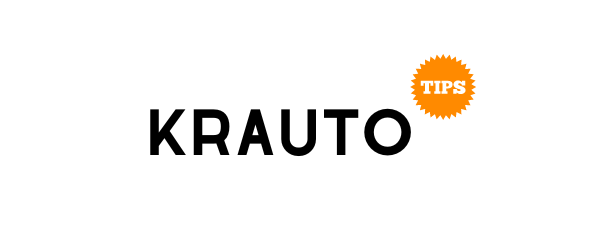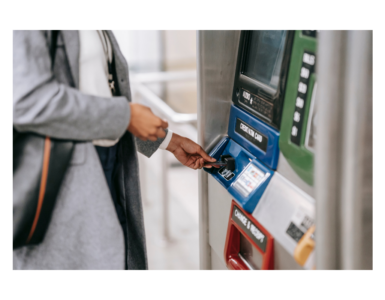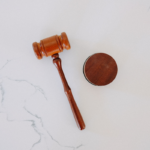It’s almost impossible to imagine life without credit cards today. Statistics show that 79% of the American adult population possess at least one credit card. Most of them use their cards as a convenient and secure method of payment. As everyday payment tools, there’s a need to know how to make the most of these credit cards, as well as keep tabs on the best practices of safeguarding them.
These are tips to help you get the most out of your card.
Pay On Time
Your credit score card will determine your eligibility to access any credit product. These products include housing and vehicle loans, even though they are secured. When calculating a credit score, any late payment affects the score negatively. Therefore, it is essential to arrange payments towards the cards on time.
Having a convenient due date will go a long way in ensuring that you don’t get late with your payments. You can contact your card issuer to change the due date to a convenient date; for example, a date can be set for after the salary, making it easy to pay before it’s due. Some issuers may charge a small fee for this but will subsequently reduce your costs. If you tend to forget payments, arrange for a standing order with your bank for at least the minimum payment due.
Reduce Interest Exposure
Credit cards will allow you to have free credit for one cycle if you settle your monthly balance fully. However, if you carry forward balances, the interest rate will be higher than most credit products. Therefore, it is better to fully settle the balance each month and keep using the card regularly for expenses than considering it as a long-term loan for one large purchase. It is advisable to pay the maximum amount possible on your credit card than paying the minimum amount due.
Avoid Cash Advances Or Purchase of Cash Equivalents
Several credit card issuers allow you to withdraw cash up to a limit. However, cash withdrawals and cash equivalents will attract interest from the transaction date compared to purchases, even if you settle your card bill on time. In most cases, the claim for cash advances is higher than the usual interest. If you have not paid your account, the allocation of payments will be made last towards your cash and cash equivalent advances. On top of this, banks will charge an additional cash advance fee for cash withdrawals.
Only withdraw cash from a credit card in extreme emergencies. You can minimize the interest cost on cash withdrawals by paying the total bill outstanding asap.

Review your monthly statement
During transactions, your credit details may be captured, resulting in a high probability of data breach. Therefore, you should be vigilant of fraudulent use of credit cards, even if you are an infrequent user. It is essential to monitor your card statements regularly and retain all paper or electronic receipts.
Reconciling with your statement will give you an insight into any errors, misuse, or fraudulent transactions. You can contact your issuer to query any questionable transaction or launch a complaint. If you notice any compromise or fraudulent activity, you ask for the deactivation of the card and process a new one.
Most credit card issuers offer a short message service to your mobile phone after every transaction. This service provides a real-time monitory act if the card is compromised. Similarly, if your issuer offers online monitoring, regular monitoring of the card will make it easy to spot any irregular transaction in time.
Do not maximize your credit card limit.
Present-day card issuers will offer you credit worth multiple of your monthly income. Despite having a significant credit limit, it is not advisable to exploit it. Going overboard will attract unnecessary charges, like over-limit fees and penalty interest on the over-limit amount.
Furthermore, maximizing your credit will negatively affect your credit score, thus limiting your access to other credit lines such as home mortgages. It is recommended not to use your credit limit in full. Credit reporting companies in the USA recommend using your credit limit up to 30% to maintain a healthy credit score. You can go beyond the recommended percentage, but it is not a good idea to spend indiscriminately on credit cards.
Conclusion
Credit cards are great in emergencies when other sources of funding are not easily accessible. Only max your card if you must, and remember that you get the most out of your credit card by settling your account within the stipulated time.







